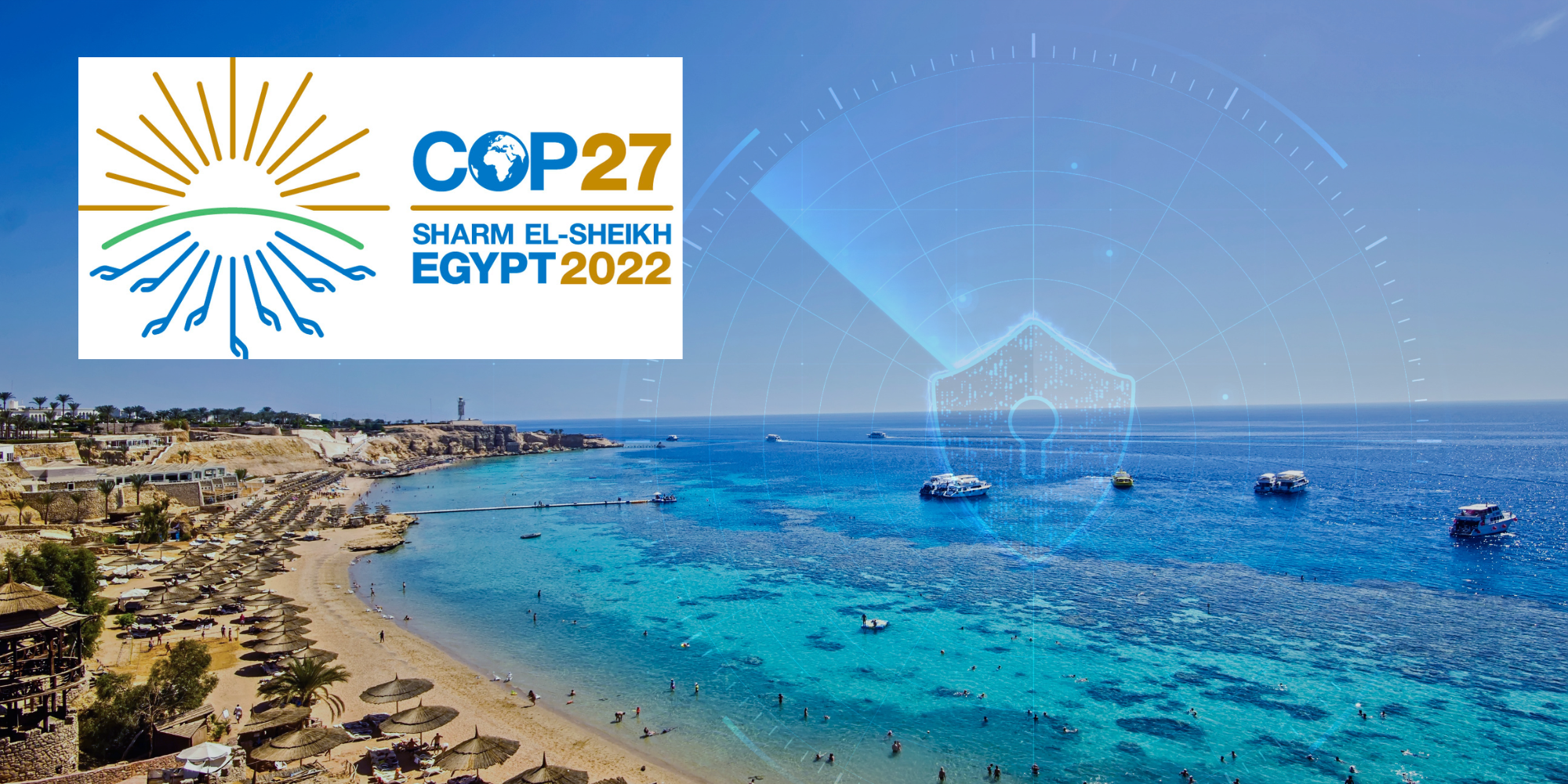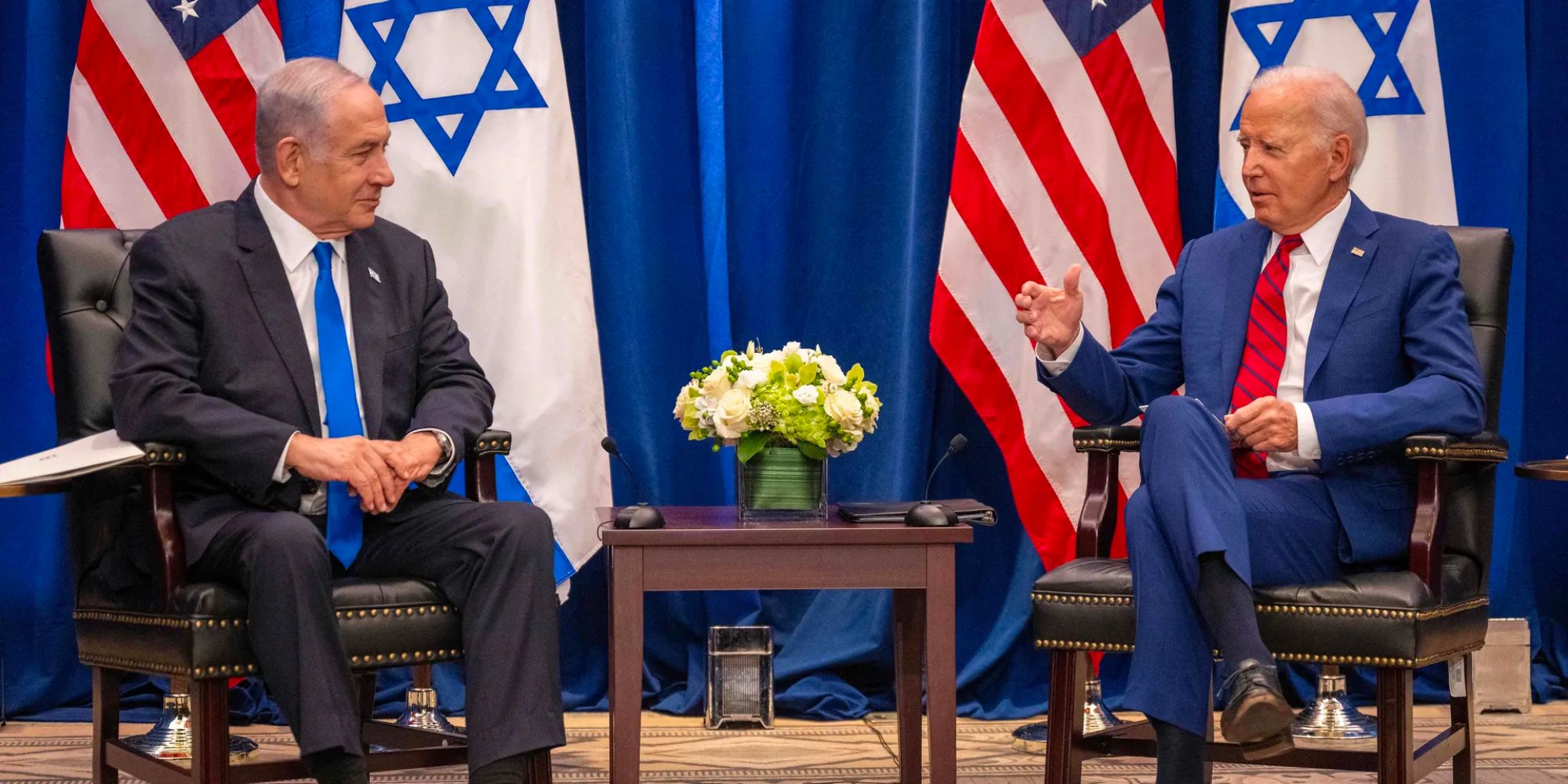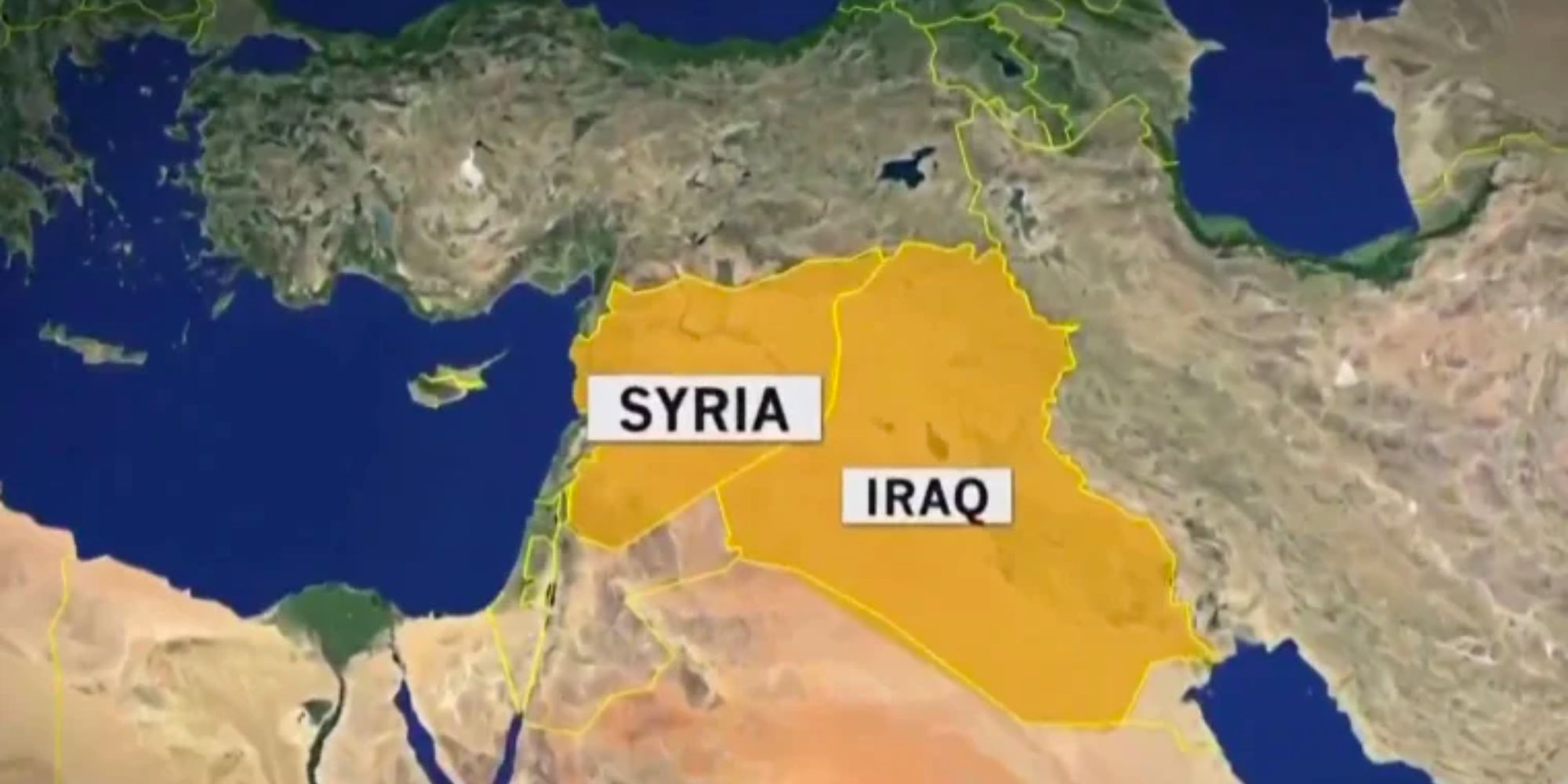As global representatives prepare to gather for the United Nations Framework Convention on Climate Change’s Conference of the Parties (COP) to discuss the pressing challenge of climate change, Concentric urges attendees to remain aware of security concerns surrounding the event, namely the possibility of terrorism and delays in transportation and medical services. High-profile attendees should also be mindful of possible reputational risks due to their presence at the event, as previous COPs often stoked the ire of those expecting more progress on climate concerns. Controversy also surrounds Egypt’s hosting duty, particularly due to reports of activism restriction, human rights issues, and environmental concerns.
- Stakeholders will convene in Sharm el-Sheikh from November 6 through 18. This November marks the first COP in Africa since 2016 when Morocco hosted COP22, as African countries face some of climate change’s most severe repercussions.
- The possibility of a terror attack on the COP27 venue or surrounding soft targets in Sharm el-Sheikh remains, though Egypt’s security measures include a concrete and wire barrier protecting Sharm el-Sheikh.
- Travelers should anticipate considerable time delays for transportation and medical services and other possible travel disruptions due to the high volume of attendees.
Concentric Vice President Pessimistic Regarding Outcome, Highlights Terrorism and Reputational Concerns
Concentric’s Vice President of Security Consulting & Climate Lead, Christian Moore, has spent much of his 35-years of military and private sector experience dealing with security risks in sectors as diverse as national security, oil & gas, and rainforest protection. Concentric intelligence analyst Rachel Brooks sat down with Christian to discuss his views surrounding the key security and climate concerns ahead of the COP27.
Rachel Brooks (RB): As the Climate Lead for Concentric, what are your expectations of COP27?
Christian Moore (CM): Sadly, since COP21 in Paris in 2015, we’ve seen alarming evidence the speed of predicted changes in the climate was underestimated, while at the same time our collective speed to mitigate and adapt to these changes has been woefully slow. Combine that with a COP this year that is hosted by a country with questionable credentials and motives, and my expectations are even lower for meaningful progress.
RB: What is your view on the setting for this year’s talks?
CM: There’s a number of reasons why the choice of Egypt as a COP host has met with derision and even anger. Egypt is the 27th most polluted country and it was one of the few that refused to make a carbon reduction commitment at COP21. Egypt also has a terrible record on human rights and the repression of activists, which many believe should discount them from hosting a global event.
RB: What impact do you anticipate the choice of Egypt as host might have on the security situation?
From a security perspective, I think with so much resentment about the hosting decision, growing frustration with climate action, and the likelihood that the Egyptian security forces will be heavy-handed in dealing with protests, it’s reasonable to expect that the chances of disruption—and possibly violence—are higher than they were in, say, Glasgow for COP26.
Unfortunately, we also can’t discount the potential for a terrorist attack. The Red Sea coast suffered low-level terror attacks in 2016 and 2017, both coming from the sea. These were against poorly protected beach resorts, but, we can’t rule out the targeting of this event by militant groups looking for attention for their cause.
That said, with the robust security measures the Egyptian government already has in place and the certain augmentation of that for COP27, it’s going to look and feel like a hard target with offshore and land movement tightly controlled. This might push threats away from the event site and into the feeder routes and transport hubs, like the airports.
RB: As our Vice President for Security Consulting, could you speak more to the potential reputational or physical security concerns for clients at events like COP27?
CM: The reputation of those in attendance will be under the microscope, and if you traveled there by private jet, to stay in a luxury hotel and attend banquets…you’ll need to be prepared to defend your reputation against accusations of hypocrisy.
With so much resentment around climate justice, attendees should accept that the probability of physical targeting—whether that’s someone throwing green paint on you, or a violent attack—is going to increase to some degree. Attending the event is also going to increase the likelihood that you could be caught up in someone else’s confrontation or attack.
Concentric is Here to Help
No matter the security or global challenge, Concentric is committed to help. Concentric recognizes the urgency and scale of the challenge climate change poses to all of us, and we are determined to do everything we can to support these efforts. Concentric accepted The Climate Pledge Challenge, committing to achieve net-zero carbon by 2040 or sooner. As a Certified Green and Carbon Neutral business, we expect to achieve net-zero before the end of 2025.
- Since 2017, Concentric has worked with forest rangers in Central America to amplify their conservation efforts with technology, training, and strategic advice. We continue to pursue new ways to fund the expansion of our environmental security work and are committed to growing our environmental security project portfolio.
Even with an event this size and global interest on a topic as important as international collaboration on climate change, Concentric has the ability to meet any event’s security and intelligence needs with its worldwide presence and dedicated employees. We are prepared to protect your travel through our suite of services, including the following customizable offerings.
- Event Risk Assessments: Tailored risk analysis helps event attendees achieve the most accurate understanding of the threats in the context of their specific vulnerabilities.
- Active Monitoring: This service monitors personal and group security risks by paying close attention to online noise around events and principals to assess threats through tiered risk levels.
- Risk Management Plan: Continual situational awareness informs a crisis management plan with custom contingencies independent of resources from the Egyptian authorities and conference security. For example, a maritime extraction to a safe haven would avoid the inevitable road congestion during major protests or in the aftermath of a terrorist attack.
- Executive Protection (EP): Some of our clients will be using our EP services, which feature trusted local drivers and agents working under the command of a Concentric team leader. This service does not just ease your movement around the event but also enables principals to focus on their important work while our team watches for emerging concerns and threats.
Please reach out if we can help manage risk to keep your team safe at an upcoming event.
Author: Rachel Brooks, Intelligence Analyst, Global Intelligence






